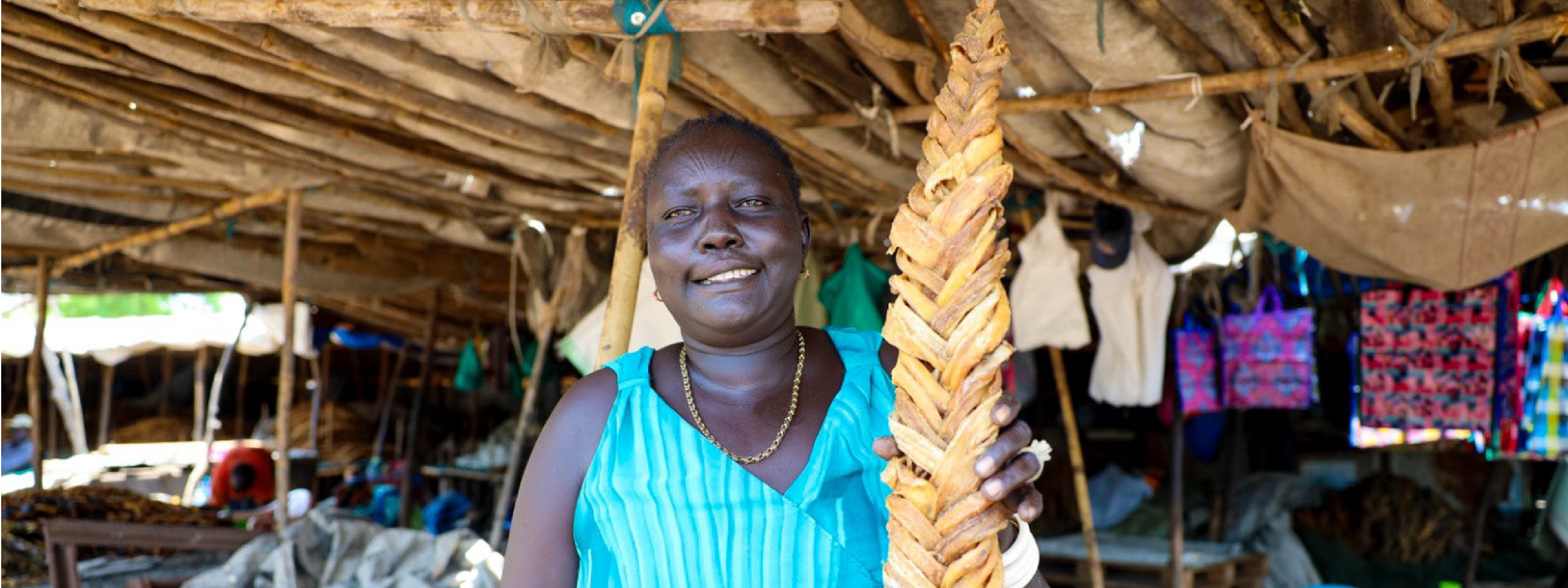March 25, 2025 (Juba, South Sudan) –
The Intergovernmental Authority on Development (IGAD), through its Blue Economy Programme, has concluded a three-day field mission to Juba to assess the potential of inland waterway transport as a strategic driver of economic integration and resilience in South Sudan and the wider IGAD region.
Led by the IGAD Blue Economy team, the mission aimed to document and understand the current use of the Nile and connected waterways, identify opportunities for development, and lay the groundwork for scaling up best practices across the region.
The team engaged with key stakeholders, including the Director General of Transport under the Ministry of Transport, the Director General of Fisheries under the Ministry of Fisheries and Livestock, private sector actors such as Interlink and Mango Tree Marine, and traditional boat builders. The mission also included site visits to the Juba fish landing site and Juba Port—recently rehabilitated with support from the Government of Japan through JICA.
The Nile serves as South Sudan’s natural highway, connecting 7 out of 10 states with over 1,360 km of navigable waterways. Recognising this, IGAD considers investment in inland water transport not only as infrastructure development but also as a means of transforming lives, enabling trade, and securing sustainable development.
River transport already plays a vital role in moving essential goods such as fish, fuel, livestock, humanitarian supplies, and agricultural produce. A single barge trip can carry up to 1,200 tonnes of cargo—the equivalent of 37 lorries—making it a cost-effective and environmentally friendly alternative to road transport. Interlink, a South Sudanese logistics company, currently transports an estimated 48,000 metric tonnes of goods annually by river, underscoring the growing importance and potential of this mode of transport.
The mission revealed several promising developments, including local boat-building initiatives and active private sector participation. However, persistent challenges remain, such as insecurity along the rivers, unregulated port fees, limited infrastructure beyond Juba, and poor waterway maintenance.
IGAD recognises the urgent need for coordinated investment and policy support. With planned collaboration between South Sudan’s Ministry of Transport and the World Bank, there is growing momentum to transform inland water transport into a viable and sustainable mode of regional connectivity.
This case study from South Sudan will inform IGAD’s broader Blue Economy strategy, with efforts underway to replicate and adapt successful models in other Member States. The IGAD Blue Economy Programme remains committed to supporting inclusive and resilient water transport systems that foster economic growth and regional integration.

